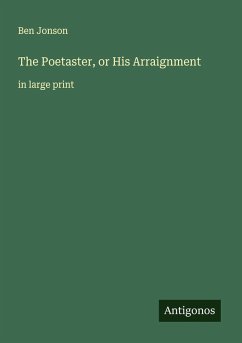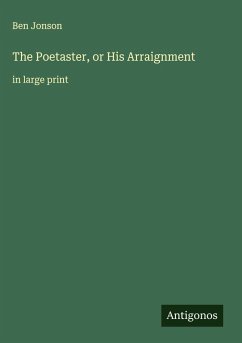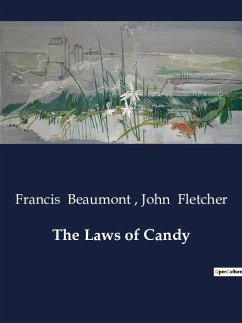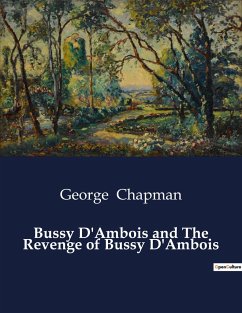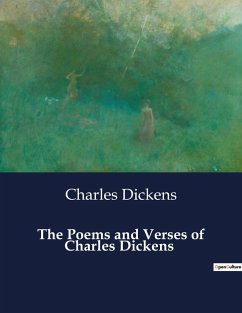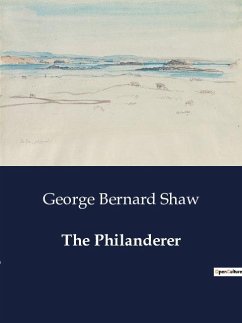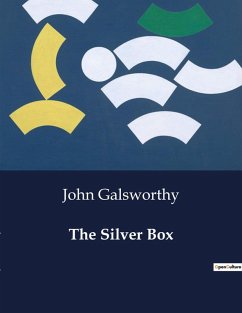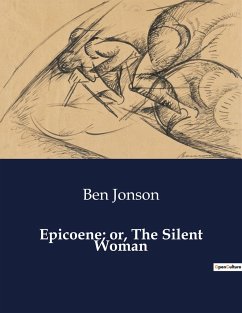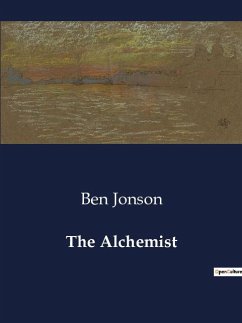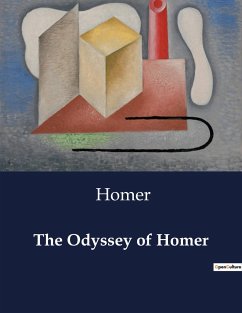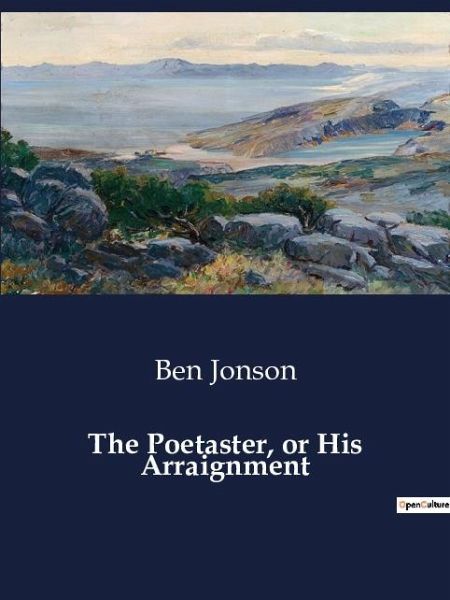
The Poetaster, or His Arraignment
Versandkostenfrei!
Versandfertig in 1-2 Wochen
19,00 €
inkl. MwSt.
Weitere Ausgaben:

PAYBACK Punkte
0 °P sammeln!
"The Poetaster, or His Arraignment" by Ben Jonson is a satirical comedy that lampoons the literary and theatrical scene of Jacobean London. Set in ancient Rome, the play follows the rivalry between two poets, Horace and Crispinus, who vie for fame and recognition in the court of Emperor Augustus. Jonson uses the characters of Horace and Crispinus to satirize contemporary figures in the London literary world, including himself and his fellow playwrights. Through witty dialogue and biting humor, Jonson skewers the pretensions and vanities of those involved in the arts, as well as the political i...
"The Poetaster, or His Arraignment" by Ben Jonson is a satirical comedy that lampoons the literary and theatrical scene of Jacobean London. Set in ancient Rome, the play follows the rivalry between two poets, Horace and Crispinus, who vie for fame and recognition in the court of Emperor Augustus. Jonson uses the characters of Horace and Crispinus to satirize contemporary figures in the London literary world, including himself and his fellow playwrights. Through witty dialogue and biting humor, Jonson skewers the pretensions and vanities of those involved in the arts, as well as the political intrigues of the time. At the heart of the play is the character of Tucca, a swaggering braggart who serves as a parody of the Elizabethan stage clown. Tucca's antics add to the play's comedic elements and provide a colorful contrast to the more serious themes of artistic integrity and cultural criticism.



